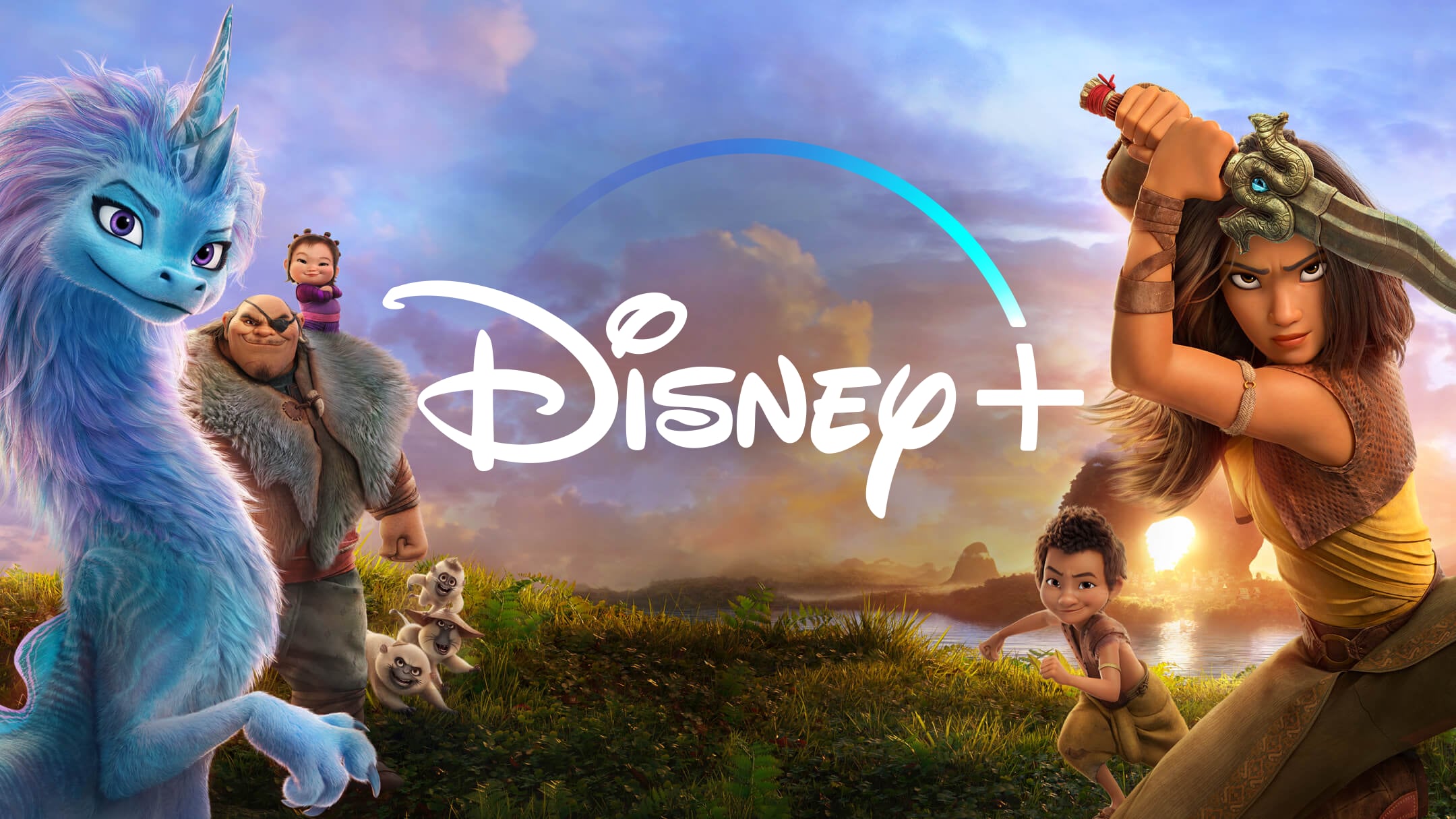![]()
Disney is launching a
cheaper, ad-supported version of its
Disney+ streaming service later this year, and reports this week revealed how the company plans to run fewer ads on the cheaper plan than some rival streamers.
Disney says it intends to run ads for four minutes on movies and shows that last an hour or less, according to
Variety and
The Wall Street Journal.
That's the same as HBO Max, less than NBC's Peacock, which runs no more than five minutes of ads every hour, and less than Disney's own Hulu, which runs anywhere between nine and 12 minutes for every hour of content. For context, viewers of traditional TV are usually exposed to between 18 and 23 minutes of ads per hour, according to data from
Kantar.
Disney also confirmed to
TechCrunch that preschool programming will not have any commercials whatsoever. In other words, preschool kids who use their own profile to watch Disney+ on the cheaper plan won't see any ads.
Disney has yet to reveal the price of the ad-supported plan, which is set to debut in the U.S. in late 2022, but Disney executives suggested during the company's recent earnings call that once the cheaper plan launches there will likely be a price increase to the existing ad-free plan, which is currently $7.99 a month.
Netflix is planning to introduce a new ad-supported tier in the
final three months of the year, with the plan aimed at attracting new subscribers who find the current pricing unaffordable. Netflix has long resisted implementing an ad-supported tier and has said multiple times in the past that the streaming service would never show ads, but it is
hemorrhaging subscribers.
Disney in
June 2021 also said that it had no plans to introduce a cheaper ad-supported tier anytime soon because it was satisfied with its paid subscriber model, but then the company
changed its tune in March.
Other entertainment companies like Discovery, NBCUniversal, WarnerMedia, and Paramount have launched ad-supported subscription tiers to offer content at multiple price points. When Disney+ launches its ad-supported tier, it will make Apple TV+ one of the only services not to offer a cheaper streaming option.
Right now, Apple TV+ is priced competitively even with ad-based services at $4.99 per month, but Apple does not have the wealth of content that other streaming services are able to offer.
Article Link:
Disney+ Ad-Supported Plan to Limit Commercials to Four Minutes Per Hour



